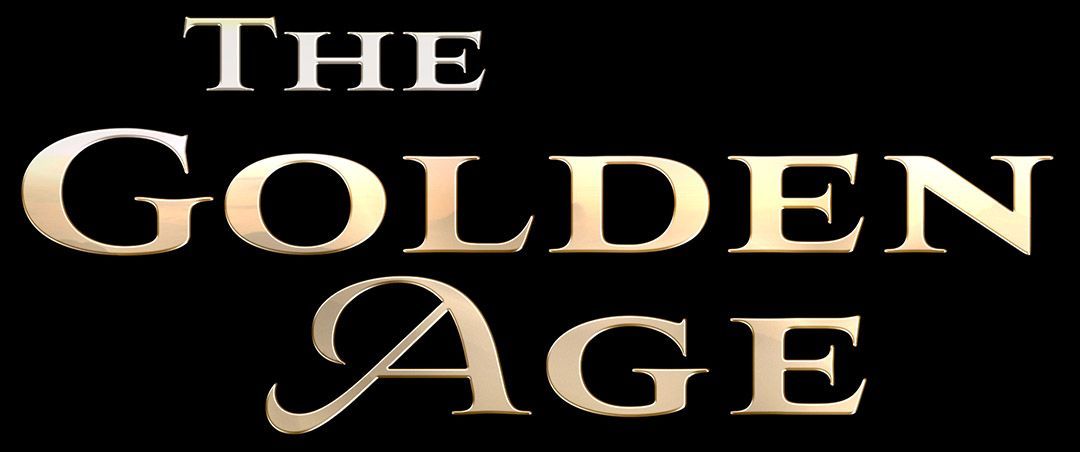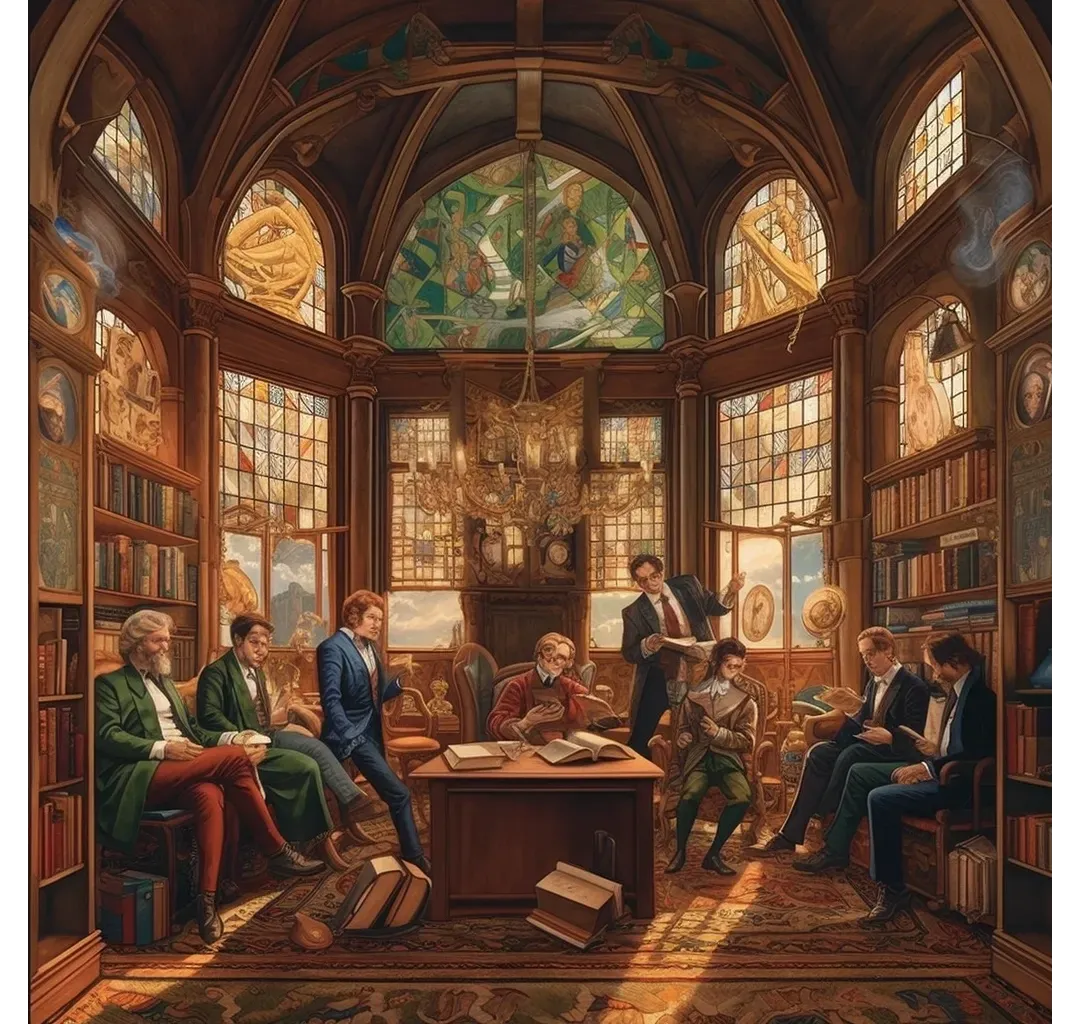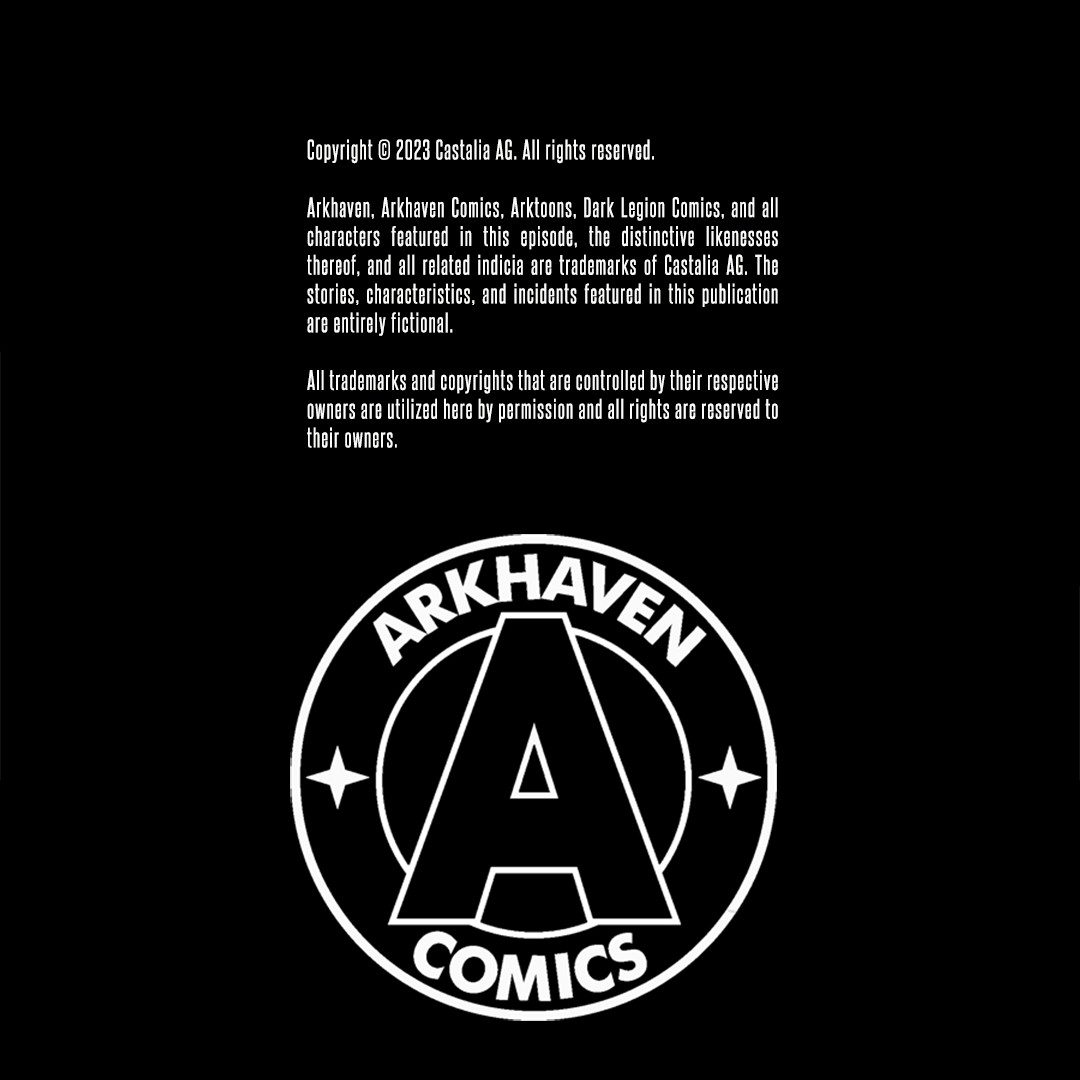
Episode 5
A Peer's Proposal
Elsewhere, Helion was also discontented.
In Aurelian mansion, seven entities of very different schools, life principles, neuroforms, and appearance were meeting privately. They had three things in common: wealth, age, and ambition.
The Seven Peers were actually sitting in a tall, many-windowed library, with thought-icons on the oak-paneled walls. Each Peer saw the chamber differently.
The most recently admitted Peer was named Helion Relic (undetermined) Rhadamanth Humodified (augment, with multiple synnoetic sensory channels) Self-composed, Radial Hierarchic Multipartial (multiple parallel and partial, with subroutines), Base Neuroformed, Silver-Gray Manorial School, Era 50 (The Time of the Second Immortality).
He was the only manor-born present, and was more than a little pleased that his school, the Silver-Gray, was singled out from among the other schools of the manorials for this dignity.
Helion’s self-image wore the costume of a Byzantine imperator from the time of the Second Mental Structure, with a many-rayed diadem of pearly white and robe of Tyrian purple.
“My Peers, it is with great pride and honor I take my place among you. I trust that the legal issues surrounding the question of my continuity of identity are acceptable to everyone here?”
There was a signal of concurrence from the Peers, which Helion’s sensorium interpreted as nods and murmurs of assent.
“Gentlemen, we are the Peers and Paramounts of this civilization. The Golden Oecumene has given us every benefit she can give. Now we must protect her. We must make certain that the events that so recently shook our society to her roots—events that only we Seven now recall—never recur.
“We Seven represent the wealthiest nonmachine fortunes ever to exist in time or space. If we do not act—then who?
“I submit that we have reached a golden age, a time of perfection and utopia: to maintain it, to sustain it, no further changes can be allowed. Adventures, risks, rashness, must receive no further applause from any voice in our Oecumene. Only then will we all be able to keep our wayward sons at home, safe from harm.
“At your leisure, you may examine my detailed findings; how many people we can influence, what the possible results are of various forms of art and persuasion we can bring forth during the celebration. I draw your attention, for example, to the ecoperformance at Destiny Lake, formulated by the sister-mates of our Peer, Wheel-of-Life. Even those who do not apprehend the direct analogy involved there will be subliminally made uneasy by the type of erratic and selfish heroism which that work of art condemns.
“This is merely one example of thousands. The computer time available to my Manor house can generate specific anticipations running to many orders of magnitude. Merely human minds will not be able to outwit the kind of persuasive campaign I envision. If enough people are persuaded of the truth of a proposition before the Transcendence, surely that will be remembered during the Transfiguration, surely that will shape the outcome after.
“The Age of Tranquility, dreamed of for so many aeons of so much turmoil and pain, has come! My Peers, history must be called to an end!
“Examine my proposal, my Peers. Look at the future I have drafted. It is one where the College of Hortators is backed by the full power of the Seven Peers.”

Phaethon addressed the giant being: “Pardon me, sir, if I am intruding, but could you tell me, please, if you saw a man come by here just now? He looked like this … .” and he opened up channel 100, the common-use channel, and downloaded a few hundred frames of images and sensorumedia from his recent memory into a public temporary file. He had an artistic subroutine add background music, narrative comments, and some dramatic editing for theme and unity, and then he transmitted the images.
Phaethon felt the tingle of his nape hairs as his name was read (he still had not put his mask back on), and then a signal came in on a high-compression channel, saying: “This is the translator. My client is attempting to convey a complex of memory files and associational paths which you either do not have the ability to receive or which I do not have authority to transmit. The amount of information involved may be more than one brain can apprehend. Do you have stored noumenal personalities, backups, or augments?”
Phaethon signaled for identity, but the Neptunian was masked. “You have me at a disadvantage, sir. I am not accustomed to revealing the locations of my mind-space to strangers, and certainly not my resurrection copies.” Phaethon wanted an answer to his question, and would have preferred to remain polite, but the request that he open his private thoughts was extraordinary, almost absurd. Not to mention that the Neptunian reputation for eccentric pranks was too well known.
“Very well. I will attempt to convey my client’s communication in a linear format, by means of words, but only on the understanding that much substantial content, and all secondary meanings, nuances, and connotations will be lost.”
“I will be tolerant. Proceed.”
“My initial data burst consists of four hundred entries, including multidimensional image arrays, memory respondents and correlations, poetry, and instructions on nerve alterations for creating novel emotional receiving structures in your brain. These structures may be of use later for appreciating the emotions (which have no names as yet in your language) which other parts of the communication will then attempt to arouse. The initial burst contains other preliminary minutia.
“Then follows a contextual batch of six thousand entries, including volumes of art and experience, memories and reconstructed memories, real and fictional, intended to give you and him a common background of experience, a context in which certain allusions and specifics will be best understood. Other greetings and salutations follow.
“The first entry of the core message contains rote formalities of timesense and identity continuity, establishing that you are, in fact, the same Phaethon of my client’s acquaintance, or, in case you are a copy, reconstruction, or simulation, to ascertain the relative degree of emotional and mental correspondence with which my client must regard you. The core message itself—”
“Pardon me,” said Phaethon. “Did I know your client before he joined your Composition?” He amplified his vision (opening additional wavelengths) to look curiously at the several brains and brain groups floating in the icy substance.
“The Neptunian legate produces an emotion-statement of three orders of complexity, with associated memory trees to show correspondence, but otherwise does not respond to your question, which he regards as fantastic, disorienting, and not at all funny. Pause: Should I explain further about the emotional reaction, or shall I continue with the central message of the first datagroup? The process could be considerably sped if you will impart your command codes and locks to give me direct access to your neurological and mnemonic systems; this will enable me to add files directly into your mind, and alter your temperament, outlook, and philosophy to understand my client in the way he himself would like to be understood.”
“Certainly not!”
“I was required to ask.”
“Can you make your summary more brief? The man I’m asking about is someone who—well, perhaps he offended me, or—this man said some confusing things, and he—well, I’m trying to find him,” Phaethon finished lamely.























